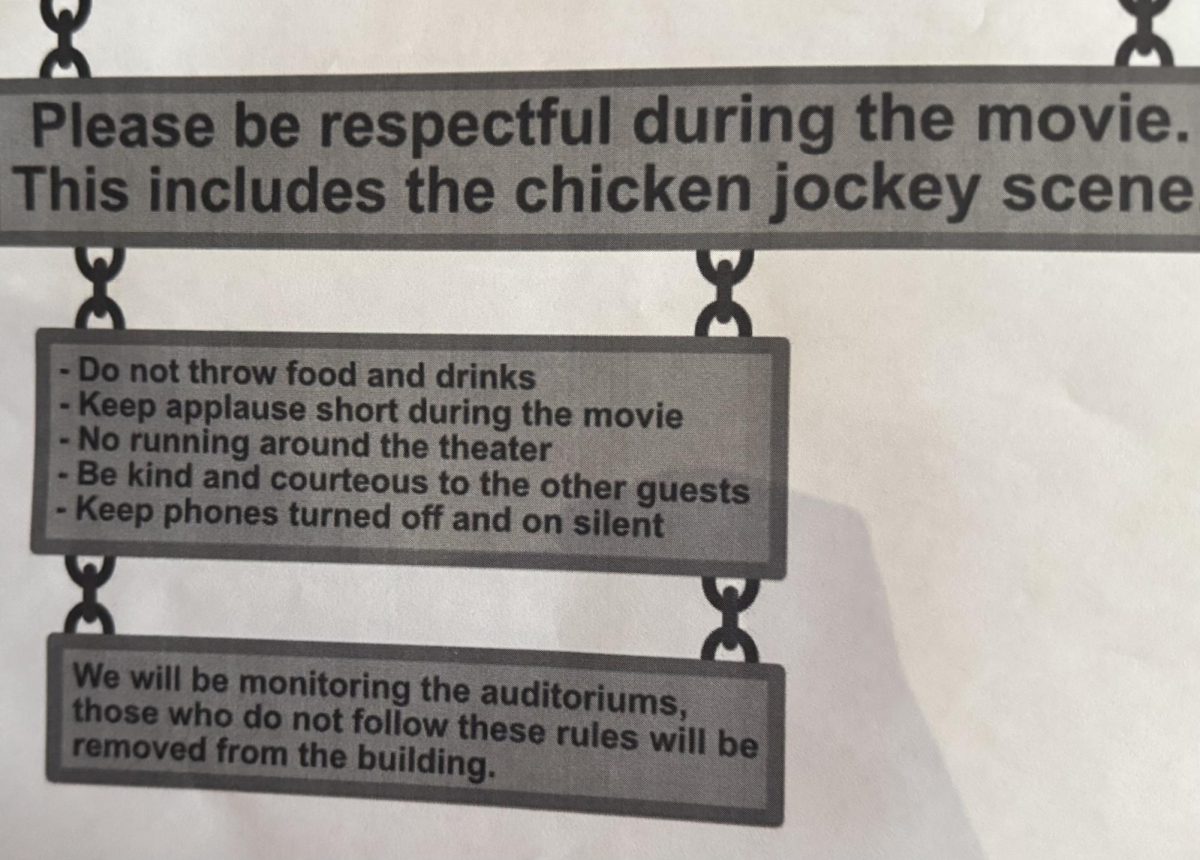As Ebola tears across West Africa, leaving broken families and political unrest in its wake, scientists are rushing to produce a vaccine that will halt the disease’s progress. Meanwhile in the U.S., coverage for even several basic vaccines has stalled only a few percentage points higher than in Sierra Leone, despite the great wealth disparity between the two countries. The U.S., in fact, has its own native malady to contend with: the anti-vaccination movement.
The movement is led by progressives. They are usually college-educated, white, in possession of household incomes of $75,000 or above and from states like Oregon, Massachusetts and California. They are also growing in number. (California is particularly striking. In wealthier areas, such as Beverly Hills and Santa Monica, the percentage of unvaccinated preschool children now climbs into the 50s and 60s, on par with Chad and South Sudan’s rates.) This may come as perplexing news to some. After all, anti-vaccine talk makes about as much scientific sense as climate change denial (which is certainly not a liberal cause). Immunization is not linked with autism. Thimerosal, a compound that contains mercury, was removed from all but certain flu vaccines in 2001, but rarely causes even minimal harm anyway. Vaccines don’t 100 percent guarantee zero side effects. But neither do Ibuprofen or Nyquil. You take small risks to keep healthy. That seems pretty clear. So why do intelligent people continue to resist a mountain of evidence? At heart, I think they feel tremendous fear. It’s hard to imagine knowing you have somehow have compromised your baby’s health. That fear may be misplaced, but at least it’s understandable. It is the kind of fear that is seldom placated by data and statistics. How it is handled is everything. It must be met with consideration, but not deference, and must be overcome by calm words, but not severe reprimands.
There are a couple major root causes of this fear. One is instinctive revulsion. The other is loss of control. Aside from the conspiracy theorists, who are the loudest but not the most numerous figures in the anti-vaccination movement, most of these people have less grandiose worries.
For example, it might be natural to feel uneasy when you learn that infants are recommended for upwards of 14 shots in their first year. Parents hear the number and shudder at the thought of their children covered in needles. That is instinctive revulsion. Oftentimes, that visceral reaction is coupled with a kind of yearning for a bygone time and place. Surely we led purer lives in the pre-industrial age, the thinking goes. Yet vaccines don’t sully the body. They don’t overwhelm it with chemicals. On the contrary, they stimulate antibodies already inside of us to do the fighting. As author Eula Biss puts it, these protective proteins—the ones our immune system prepares to combat diseases—are “manufactured in the human body, not in factories.” Little else could be more natural.
But even after getting past this initial revulsion, there’s another hurdle. Some feel robbed by doctors of their power to make critical choices as parents. These fathers and mothers want doctors to at least hear out their objections to vaccines. The trouble is, these parents simply don’t have the same experience and expertise. Left to their own devices, they will selectively seek out information that corroborates their own beliefs. That’s called confirmation bias. Psychologists like Paul Slovic go further to explain loss of control. Slovic’s research in risk perception shows that people tend to be disproportionately frightened of risks they cannot control and risks with disastrous potential. Thus, while driving a car is statistically more likely to result in serious harm than an injection, many still fear the latter more. Small wonder, then, that a major anti-vaccination website, Mercola.com uses the slogan, “Take control of your health.”
The bottom-line is that the anti-vaccination movement is founded on fear—fear of impurity, fear of loss of control. No amount of scientific data can assuage it. This growing group must be met on its own terms. Rather than trading facts for opinions, scientists, doctors and writers should explain to concerned parents why their fears are unfounded.







Sue Morrison • Sep 11, 2019 at 12:11 pm
As the admin of this web page is working, no hesitation very quickly it will be renowned, due to its quality contents.
Caroline Grant • Sep 10, 2019 at 6:40 am
When I saw this site having remarkable quality YouTube video tutorials, I decided to watch out these all video tutorials.
Colin Metcalfe • Sep 7, 2019 at 3:15 am
I got what you intend, appreciate it for putting up.
NoodlesCompany Pizza • Jul 30, 2019 at 2:02 pm
Good post Brian the way you covered all of the methods for website owners.
NativeDeodorantdiscountcode • Jul 30, 2019 at 8:44 am
exceptional post mate, although there’s an presssing issue with backlinking in terms of e-commerce.
PeterPiperPizzacoupon • Jul 30, 2019 at 4:25 am
Good post Brian how you covered all of the strategies for website owners.
SkyZone coupon • Jul 29, 2019 at 5:43 pm
great post mate, though there is an issue along with backlinking in relation to ecommerce.